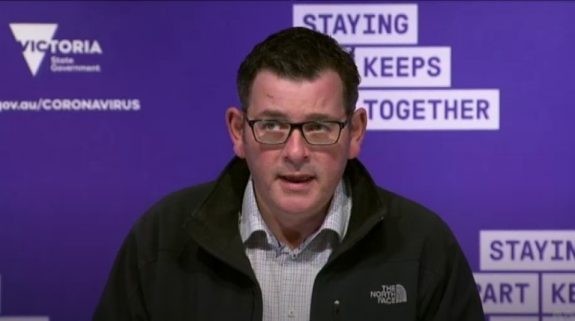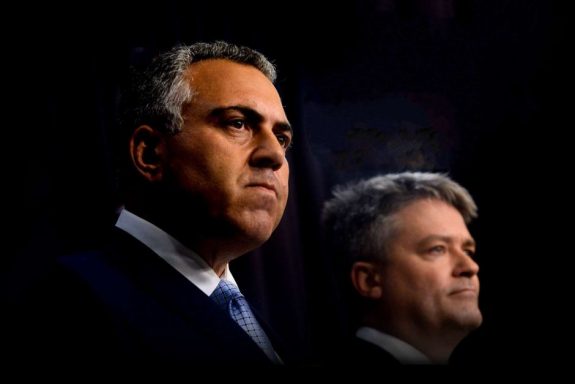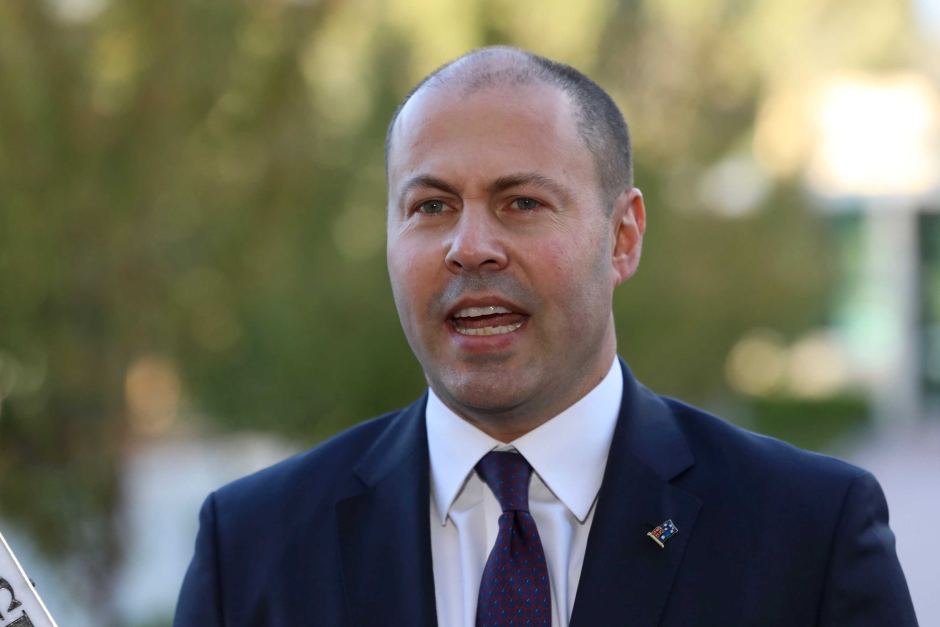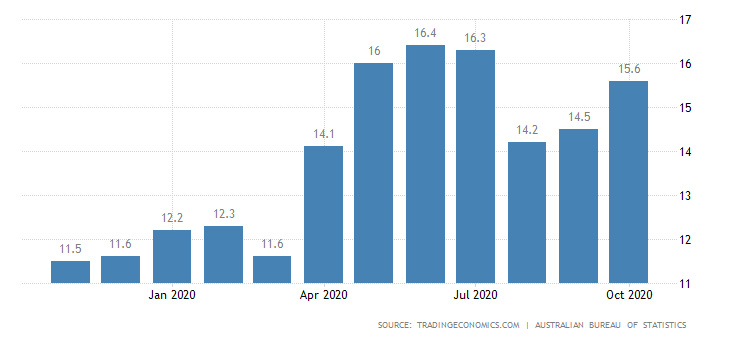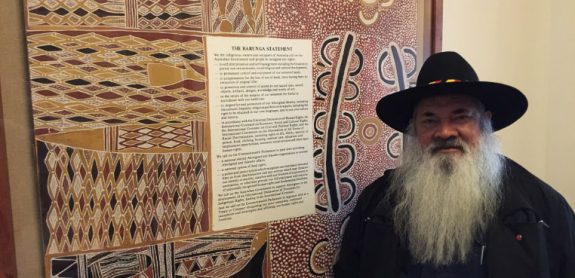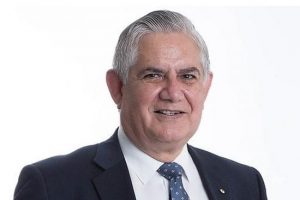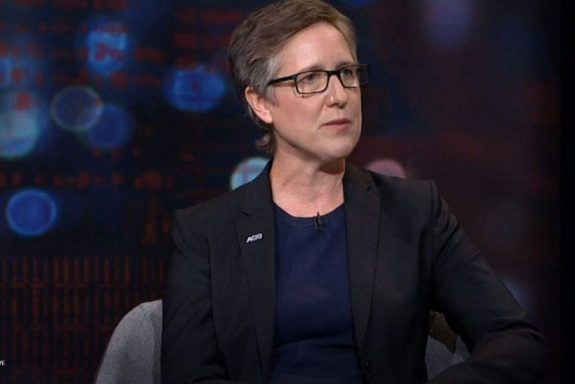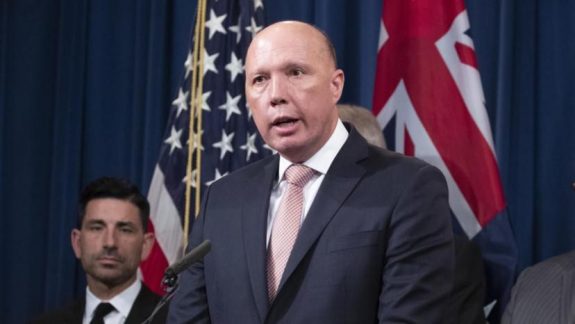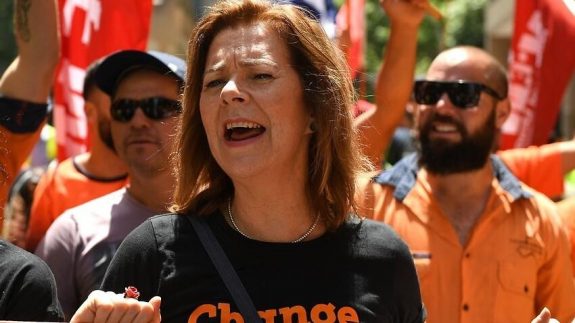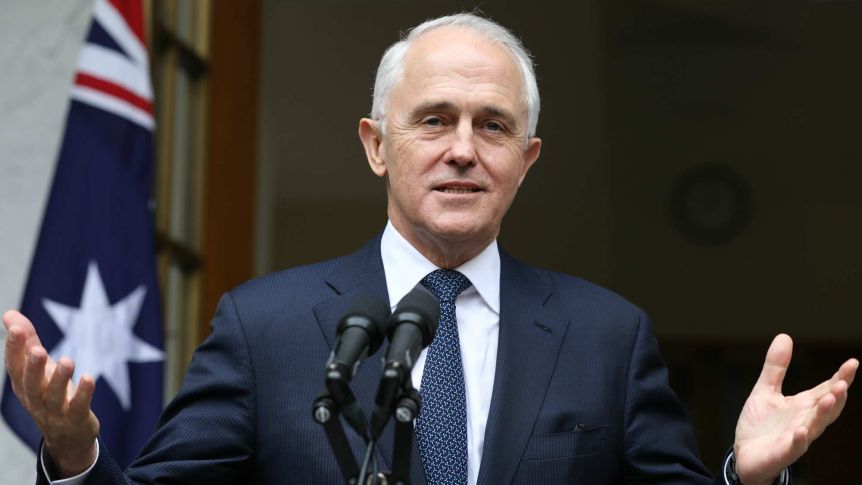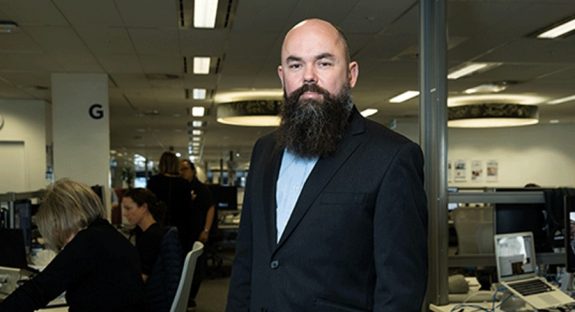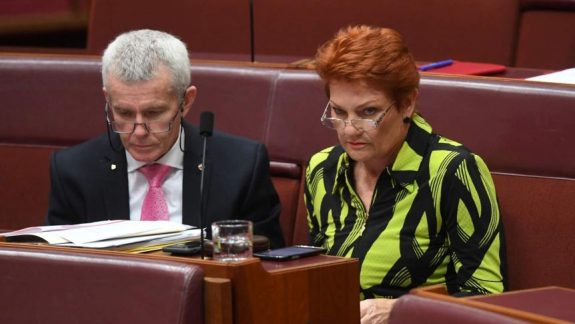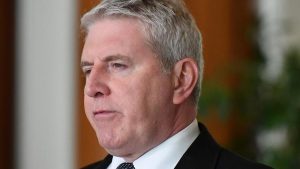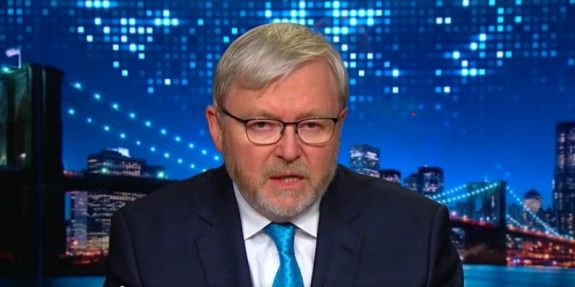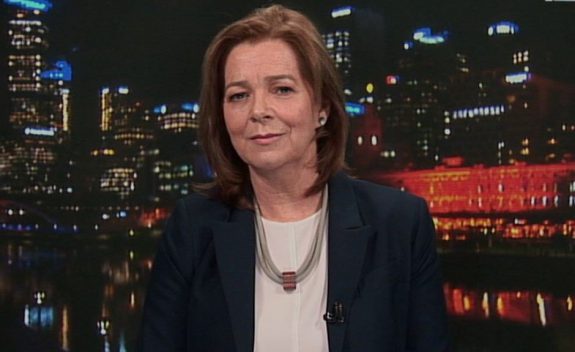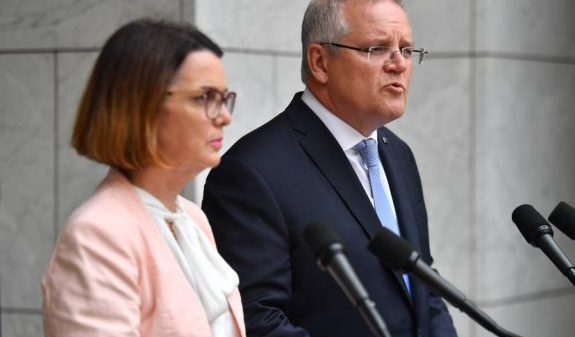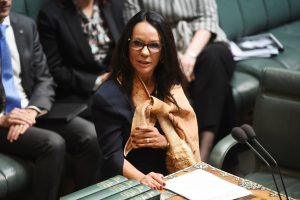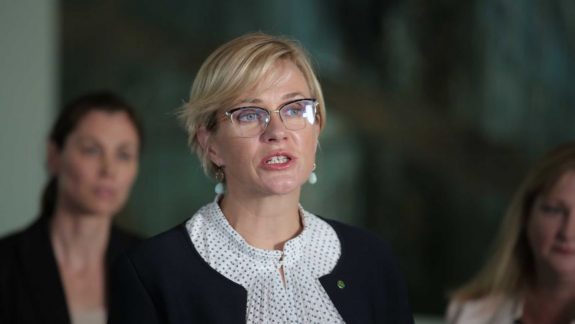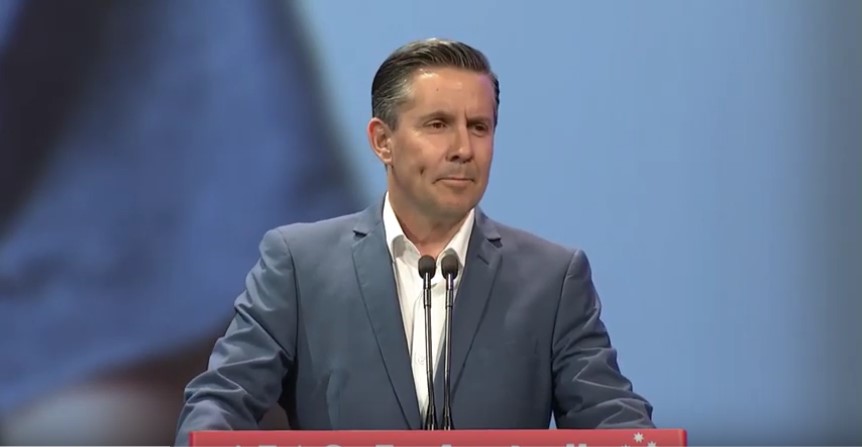Jobs lagging on renewables upgrades, says ACTU

In a report released on Saturday morning by the Australian Council of Trade Unions (ACTU), the country’s renewable energy sector may represent one of the fastest-growing employment sectors within Australia, but also represents elements in the country’s worst employment practices as well.
Citing the “short-term, insecure and poorly-paid” nature of jobs currently existing within the renewables sector, the ACTU’s report entitled Sharing The Benefits With Workers: A decent jobs agenda for the renewable energy industry cites that employment culture occurring widely among the 27,000-strong numbers of employment within that sector.
And given the nature of the Paris Agreement citied in the report’s introduction by ACTU president Michele O’Neil, that it “requires that all signatories, including Australia, develop ambitious national targets and timelines to decarbonise” local and global economies, further stating, “It also requires that parties to the agreement take into account ‘the imperatives of a just transition of the workforce and the creation of decent work and quality jobs’.”
That’s even for countries, like Australia, lacking a long-term sustainable national climate or energy policy, despite as many as 50 other nations already implementing transitional plans towards the Paris Agreement.
O’Neil, in the report, has called upon the Morrison government to craft its policy to abide by the terms and goals in the Paris Agreement quickly, so that employment policies geared towards secure jobs in the renewable energy sector can be implemented, for now and into the future.
“The renewables sector is expected to create as many as 45,000 jobs by 2035. Without proper policy to protect workers, that’s a huge number of workers whose employment will be insecure,” O’Neil said upon the release of Saturday’s report.
“The growth of the renewables sector presents potential for secure, local employment that the Morrison Government has failed to capitalise on,” she added.
The frustrations of O’Neil and the ACTU must be felt to be aggravated in light of its National Economic Reconstruction Plan (NERP) blueprint, unveiled in July – at the height of the global COVID-19 pandemic, which ran into the start of rumours of the declared national recession – and offered to the Morrison government on a number of occasions, only to be rebuffed just as frequently.
As a sustainable manufacturing strategy that laid squarely in the frame of the NERP blueprint which had pledged to create upwards of a million jobs towards an economic recovery program, one would have had to believe that the government’s target of 45,000 jobs in the renewable energy sector, or at least enhance the 27,000 jobs that are already in place.
“The sector is a massive opportunity for secure job growth, at a time when we urgently need more secure jobs,” said O’Neil.
But O’Neil also laments the policies of the Morrison government, and other LNP leadership factions which preceded it.
“Unfortunately, successive governments and too many employers have chosen exploited and underpaid international labour over Australian workers,” she said.
O’Neil also compares and contrasts the tenuous nature of insecure work in the renewable energy sector with the policies of the mining industry, within the context of the ACTU’s report, explicitly stating that the concepts of the latter can be applied to the former.
“Workers have fought to make jobs in mining and energy safe and secure with fair pay and conditions. The way forward must be a just transition which ensures that when workers are employed in the renewable energy sector, these rights also apply,” she said.
Digging deeper into the report, as jobs in the renewable energy sector are inevitably bound to increase via a range of diverse occupations, many factors contribute to the changing landscape within the sector – and are contributing to the current culture of insecure work.
In addition to the fly-in-fly-out practices in this sector – as what has been a commonplace practice in the mining industry – changing targets and objectives, the understanding of workforce and project needs, the ever-evolving faces of renewable energy jobs, and working conditions defined and determined by practices of labour hire, short-term and/or casual contracts and the exploitation of visa workers and other “cheap labour” options all contribute to the menagerie of factors comprising shortcomings towards change into more secure work for the sector.
And as such, O’Neil feels that government assistance with its corporate partners to shaping renewable energy resources and human resources policies alike go hand-in-hand.
“The federal government has a huge role to play here – using investment to create jobs and setting policy which provide certainty will be essential to ensuring secure jobs into the future,” said O’Neil.
“We shouldn’t have to choose between good jobs and a safe climate.
“We can, and must, achieve both, and we’re willing to work with the industry, governments and renewable energy investors and purchasers to ensure that renewable energy jobs are good jobs,” O’Neil added.
Also by William Olson:
Aussie content can rebound via proposed reforms – MEAA
Digital media code closer to passage after ABC and SBS win inclusion
Casuals due to get relief in Victoria in lieu of national action
Like what we do at The AIMN?
You’ll like it even more knowing that your donation will help us to keep up the good fight.
Chuck in a few bucks and see just how far it goes!












